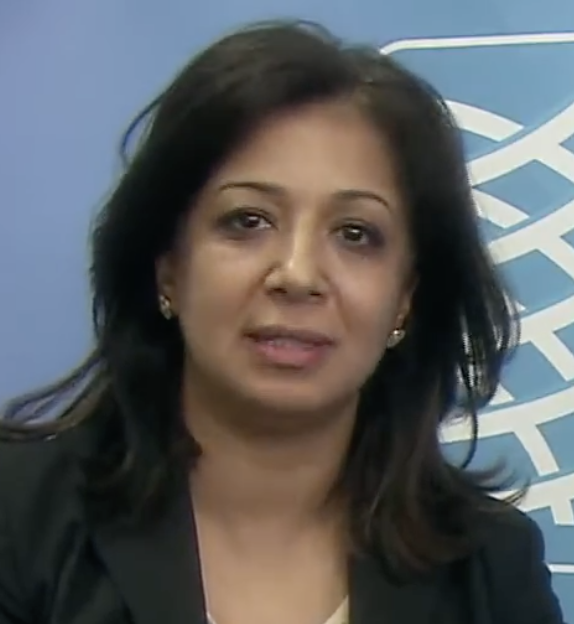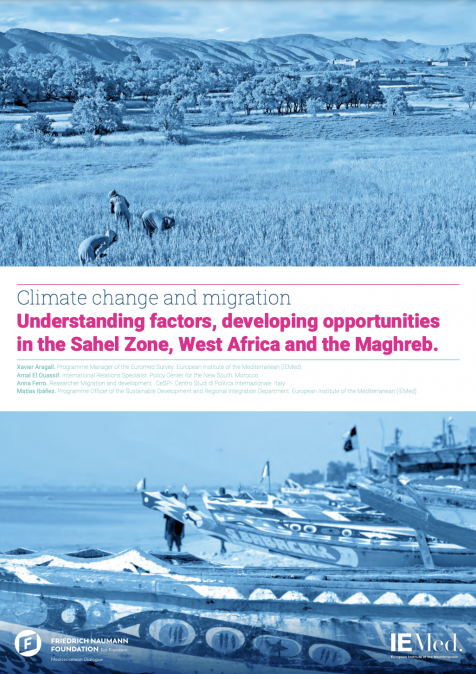Lors de la COP 26, il est probable que l'on accorde plus d'attention aux grands émetteurs comme la Chine et les États-Unis qu'à la situation des petits pays en développement, pourtant plus exposés aux conséquences du changement climatique. Le Maroc fait partie de cette catégorie. Ce Policy Brief examine les objectifs d'atténuation du Maroc dans le cadre de ses CDN et ses performances à ce jour avant de s'intéresser aux mesures nécessaires pour atteindre l'objectif à moyen terme de ...




